KUALA LUMPUR, Aug 19 — The government-to-government (G2G) approach in the procurement of military assets has proven to be more effective, transparent and cost-saving, said Prime Minister Datuk Seri Anwar Ibrahim.
He said the method allows for direct negotiations between the Malaysian government and the producing country without the involvement of third parties, thereby avoiding delays and cost wastage due to high commission payments to agents.
“When we negotiate directly with governments, costs are immediately reduced because we have eliminated the excessively high agent fees. That is why the (procurement) process is now completed; in the past, orders would always get stuck,” he said during Minister’s Question Time in the Dewan Rakyat today.
Anwar said this in reply to a question from Ahmad Fadhli Shaari (PN-Pasir Mas), who asked about the level of the country’s defence preparedness in facing global and regional geopolitical uncertainties.
The prime minister said the G2G approach is now the government’s main policy in strategic procurements, including with South Korea, Turkiye and Italy, which has seen several major military projects proceed smoothly and according to schedule.
Responding to Fadhli’s supplementary question on the proposed purchase of Black Hawk helicopters or F/A-18 fighter jets, Anwar said decisions on air defence asset procurements would be made by the Royal Malaysian Air Force Technical Committee.
“(The technical committee) will be fully responsible for determining its readiness; if it cannot be justified, we will not sign. That is clearly our policy,” he said.
Anwar added that the government is also focusing on enhancing preparedness, particularly in Pulau Banggi, Sabah, following geopolitical developments involving the presence of Philippine and American military forces in the southern Philippines, near Malaysia’s border.
“I agree that the geopolitical situation is uncertain. Recently, there was an increase in the military readiness of the Philippines and the United States in the southern Philippines, close to Sabah.
“I contacted (Philippine) President Bongbong Marcos and he said it was in response to China’s offensive, but this is, of course, concerning, and compels us to step up our preparedness in Pulau Banggi and Sabah to (bolster) our defences,” he said.

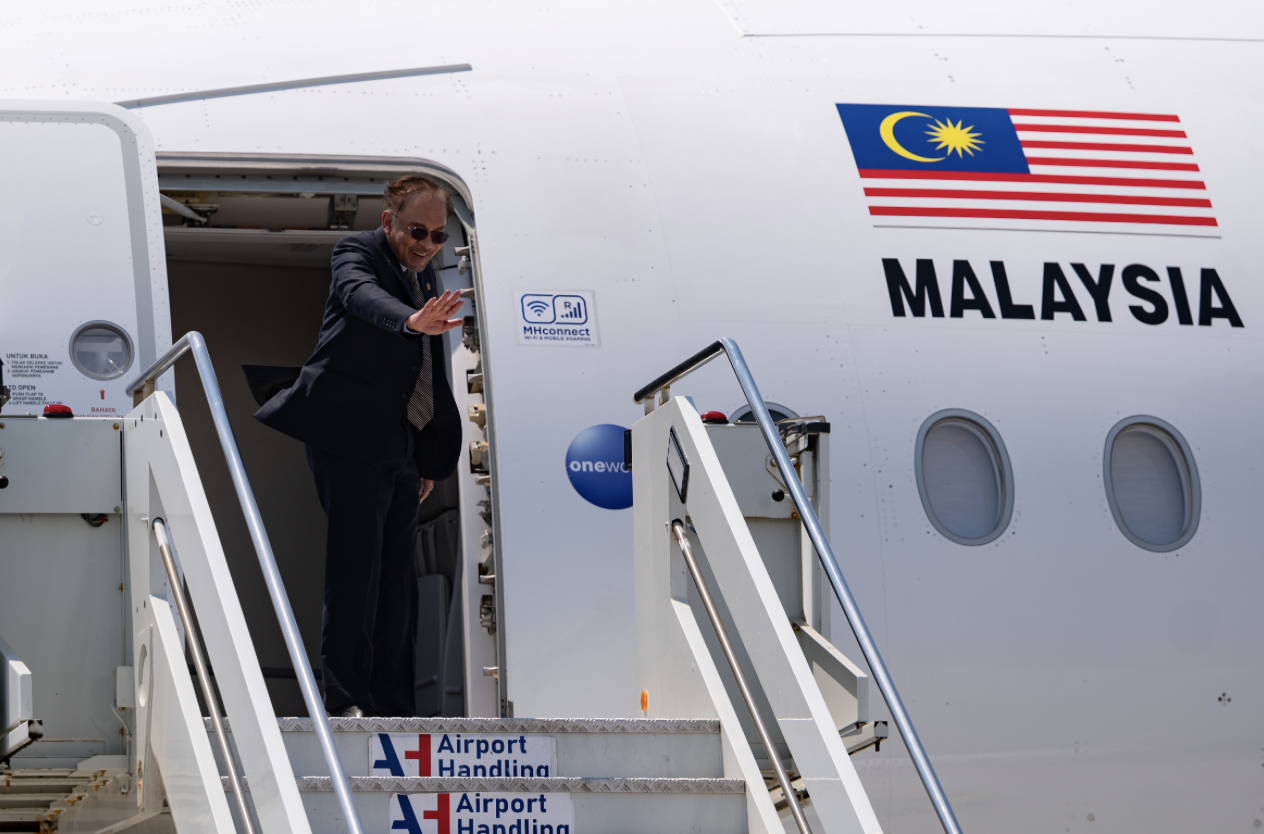








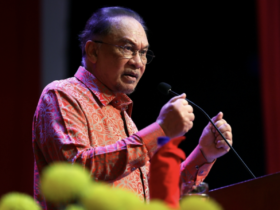
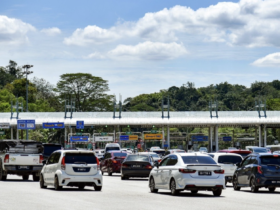

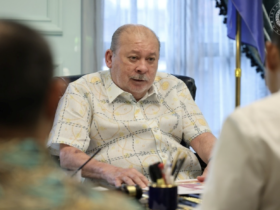
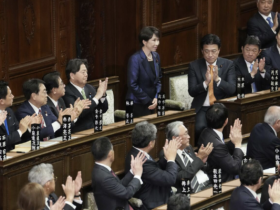
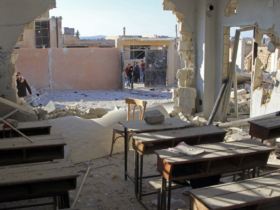


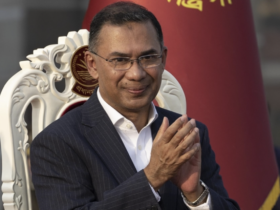


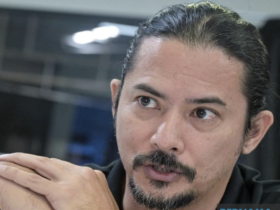
Leave a Reply